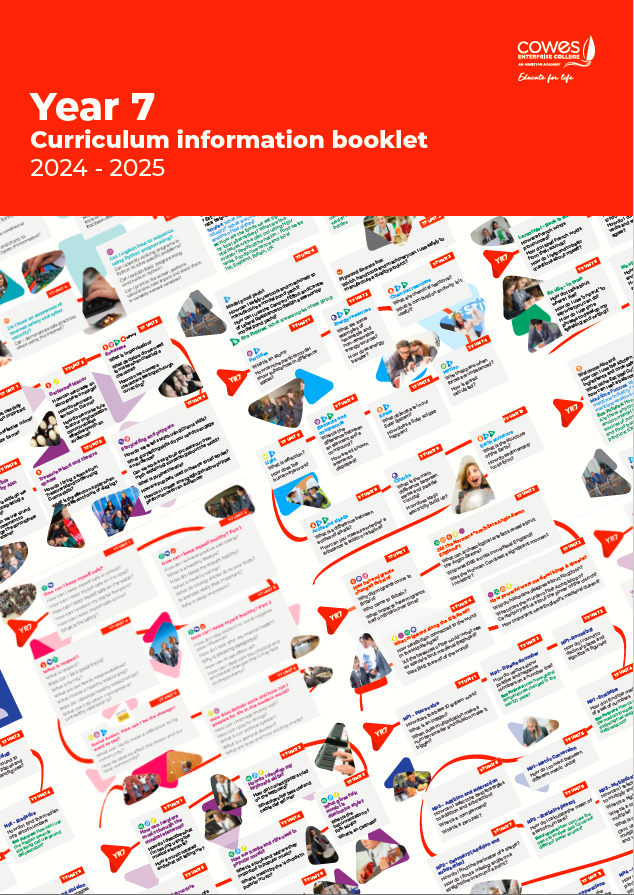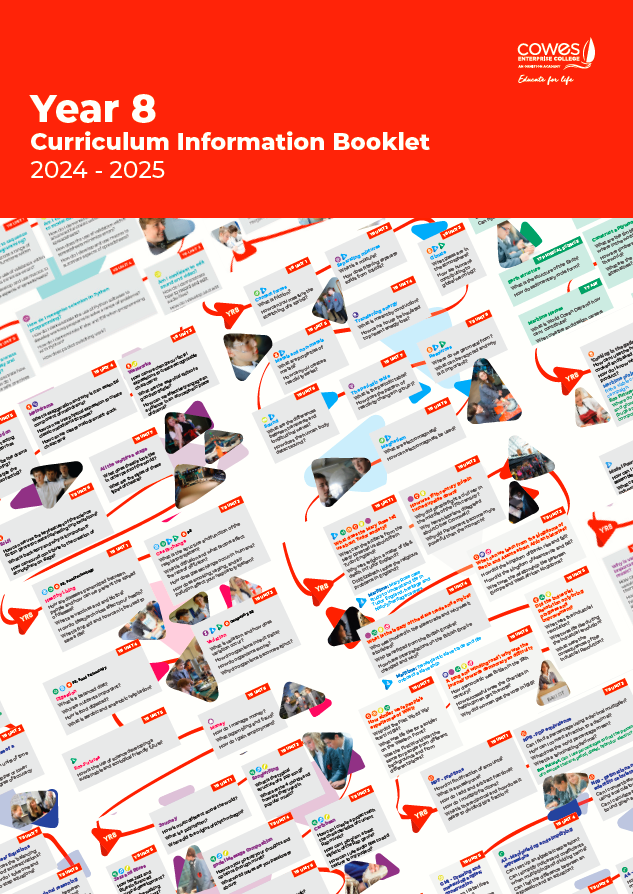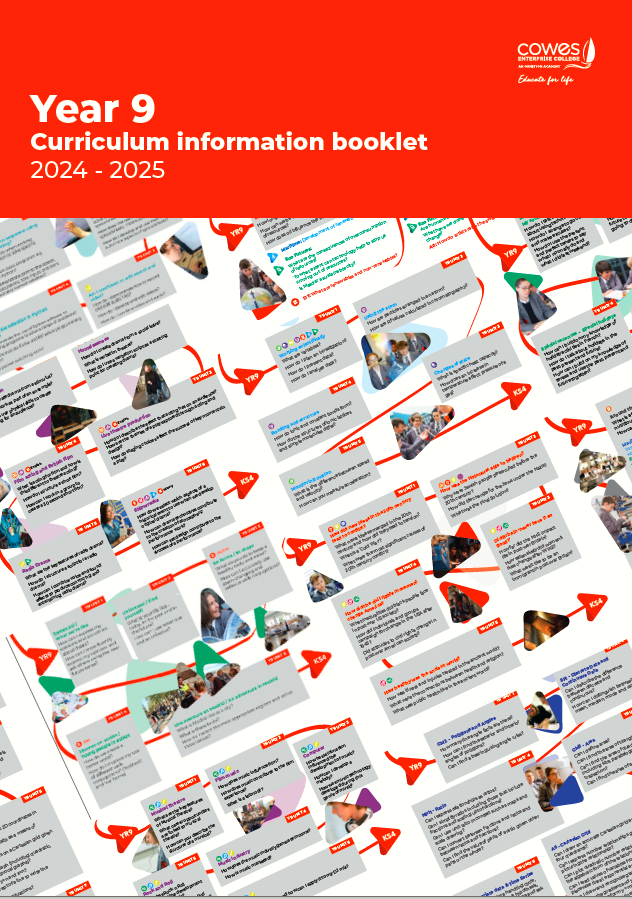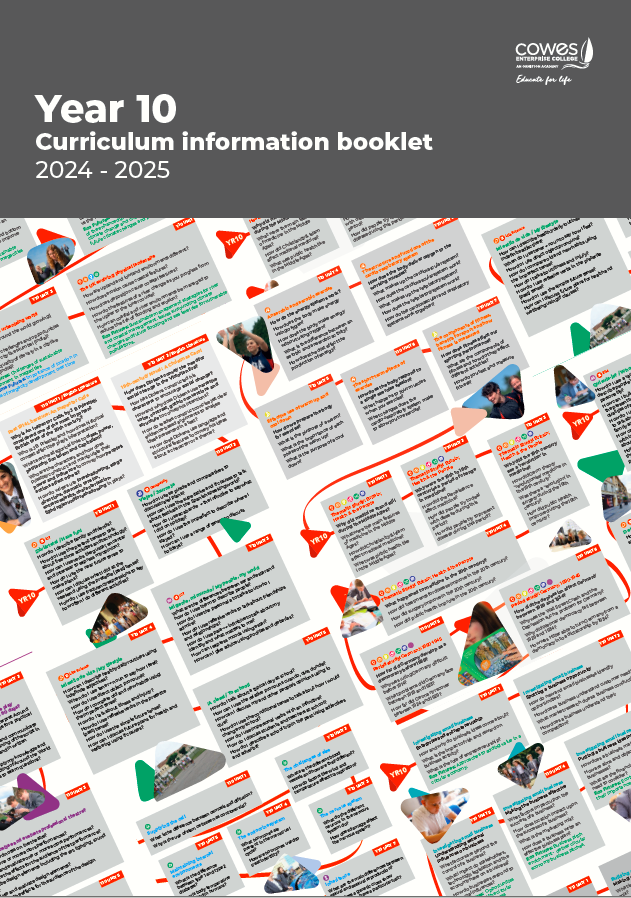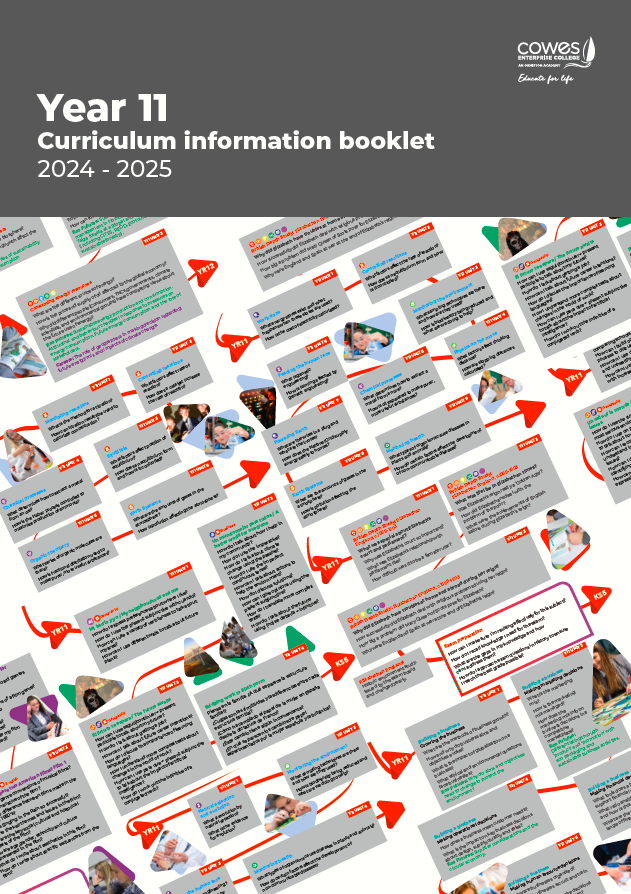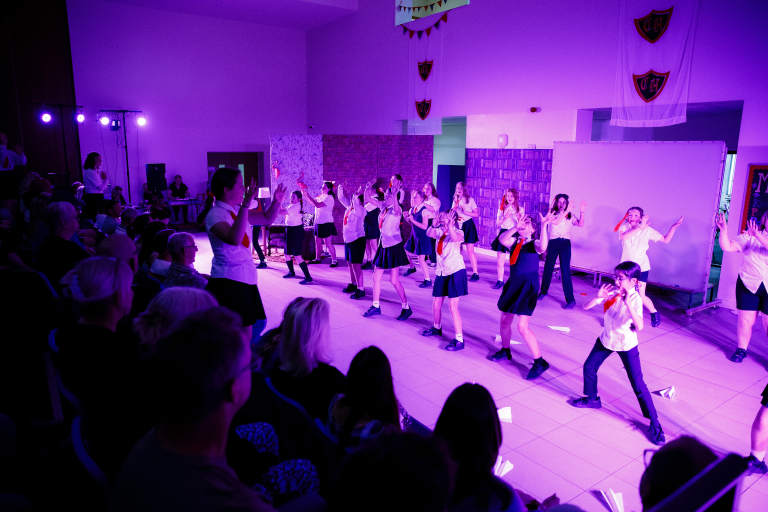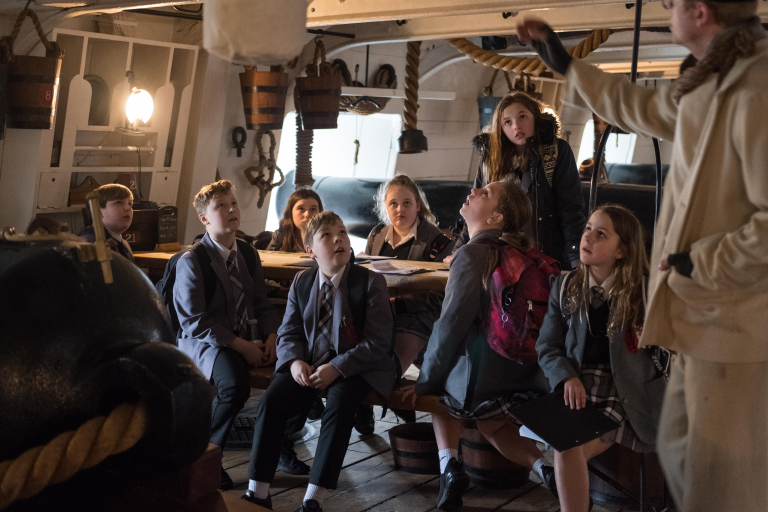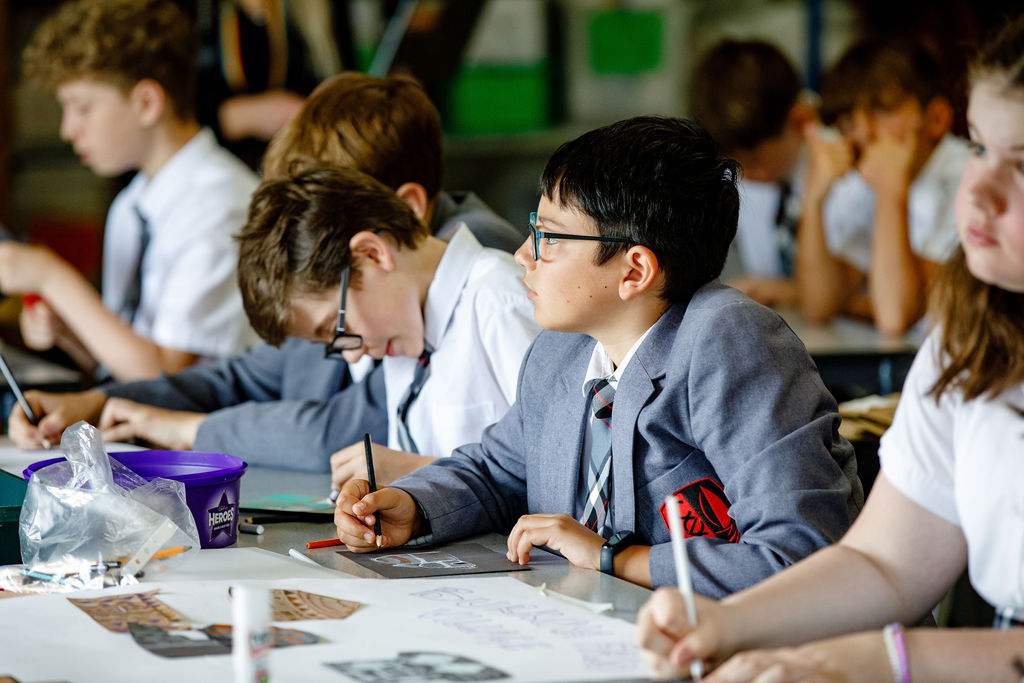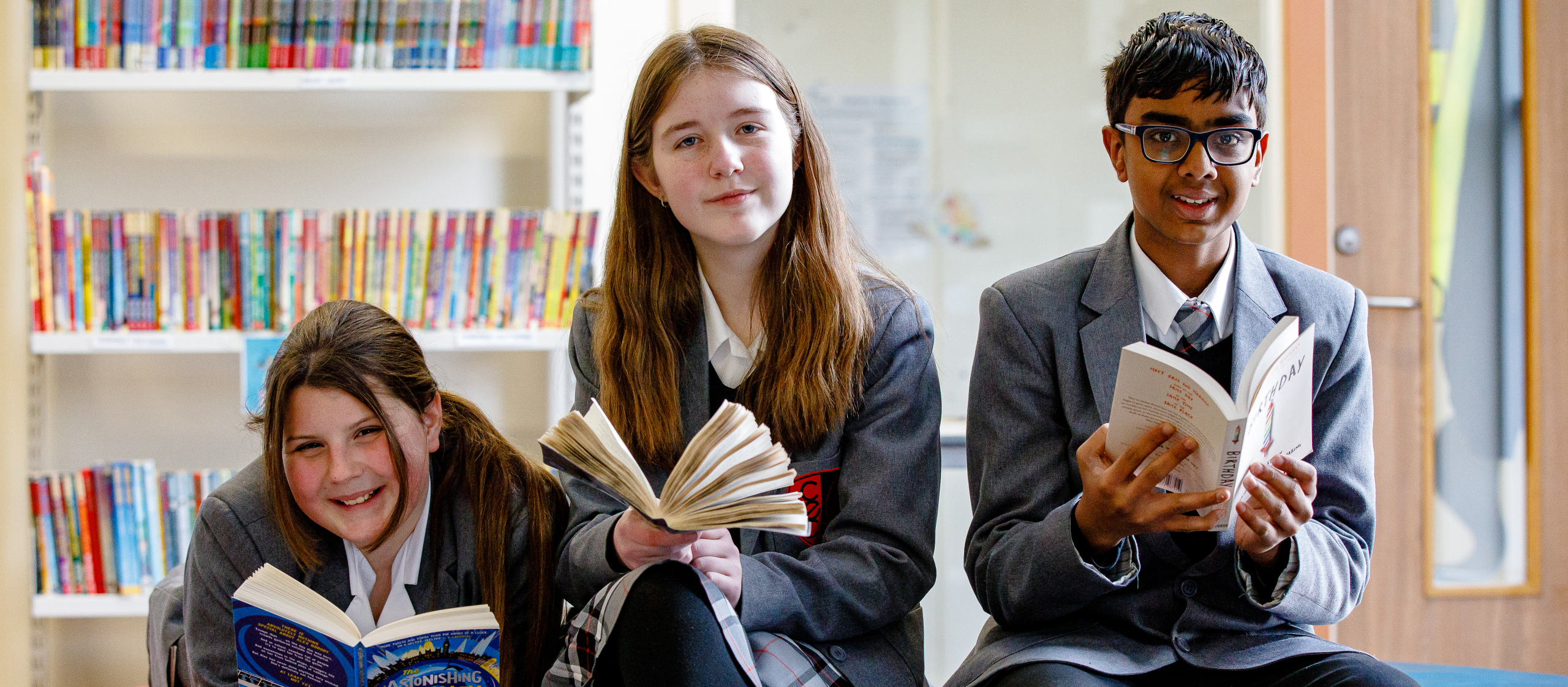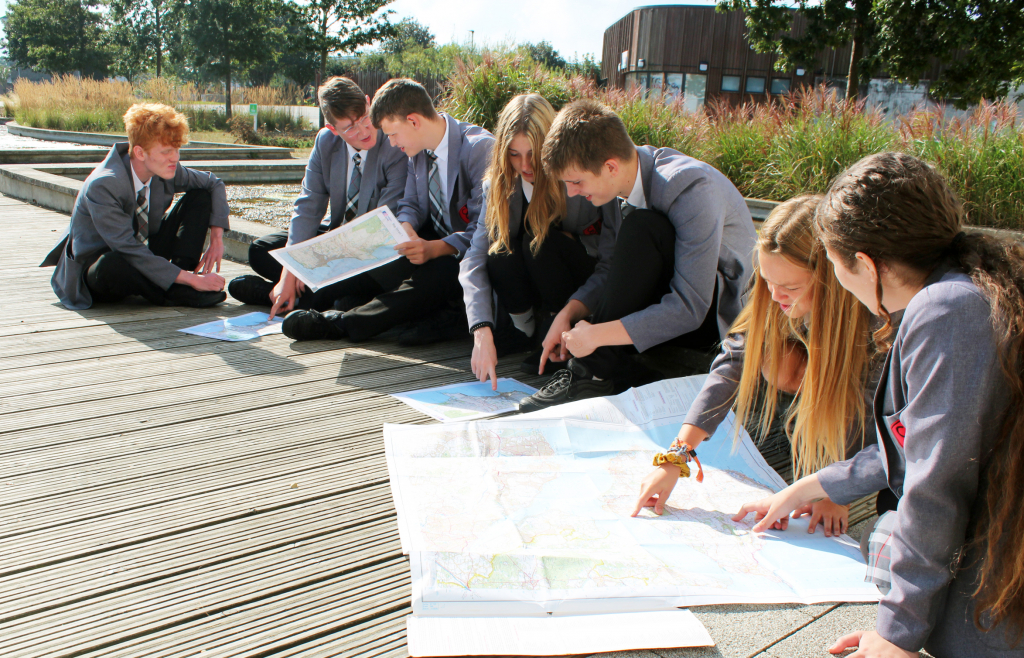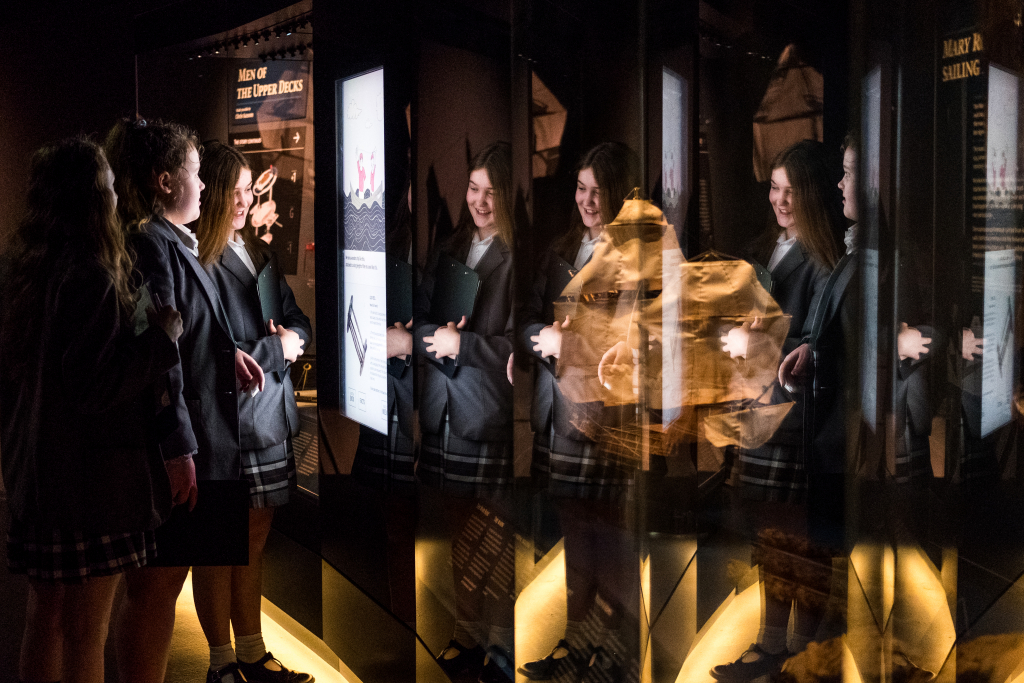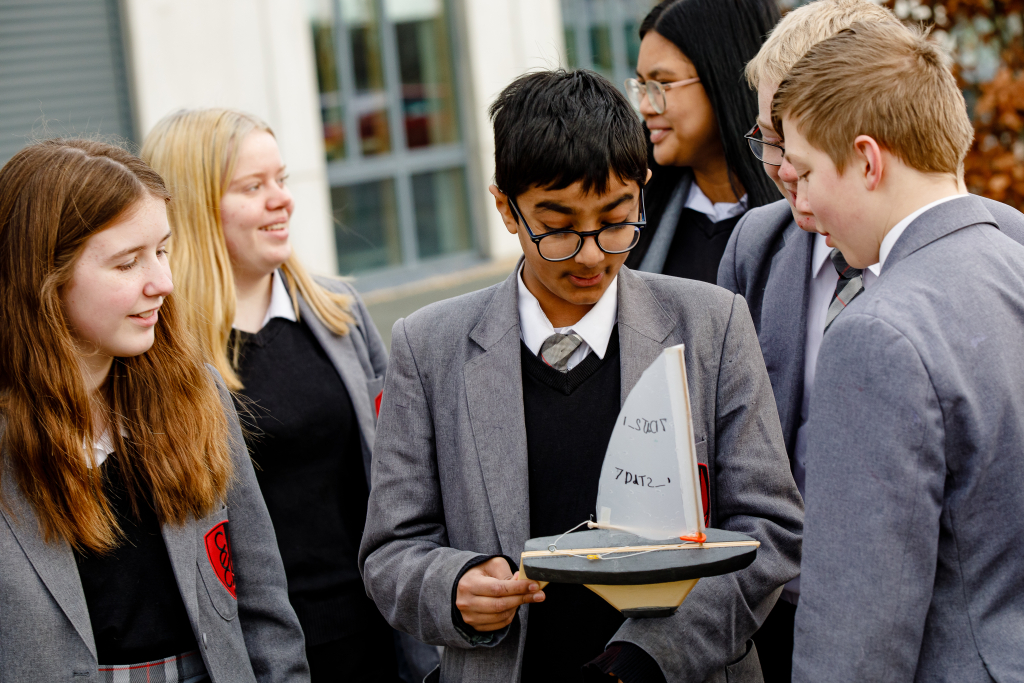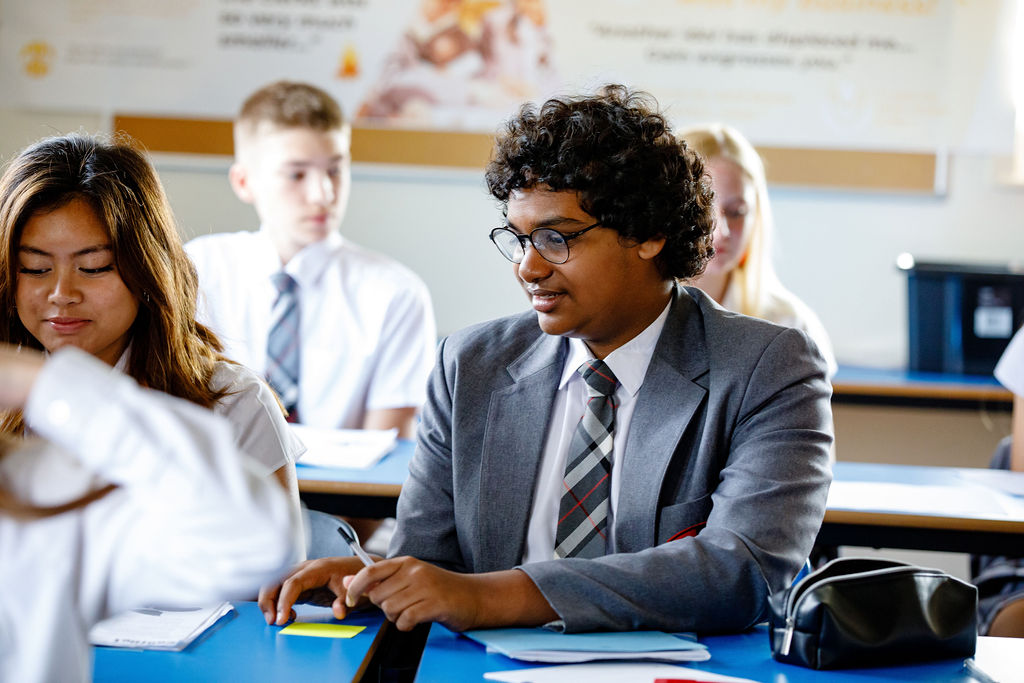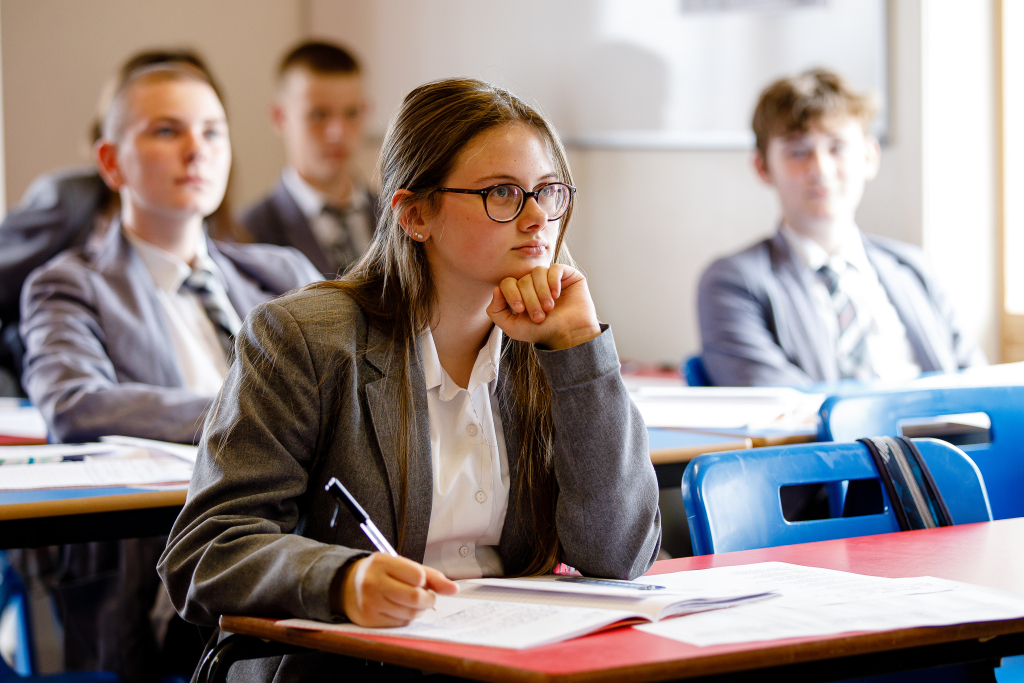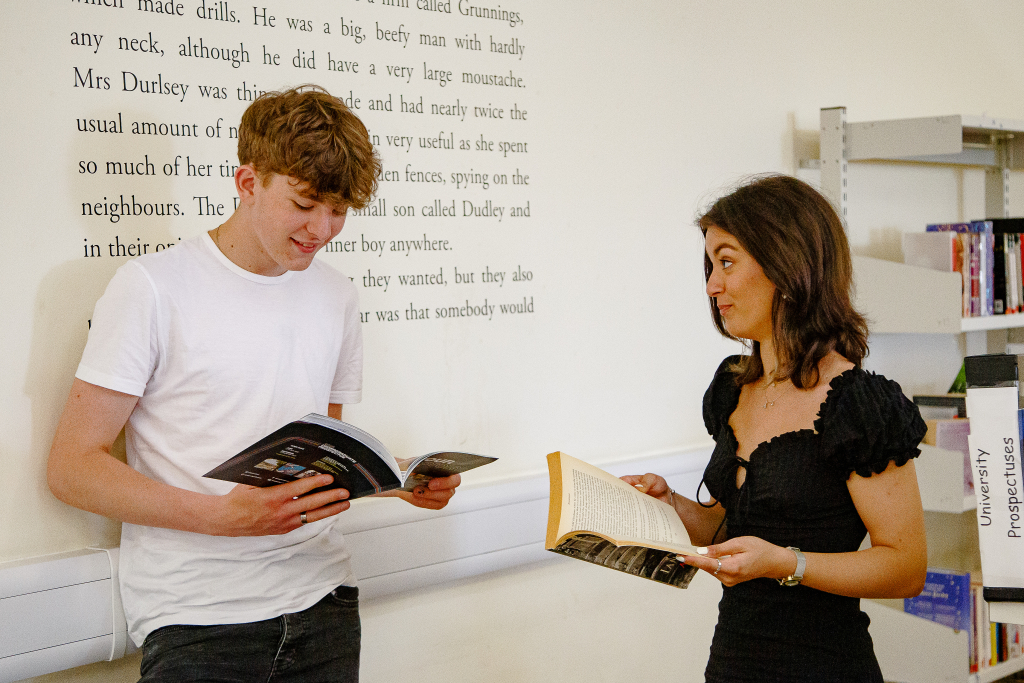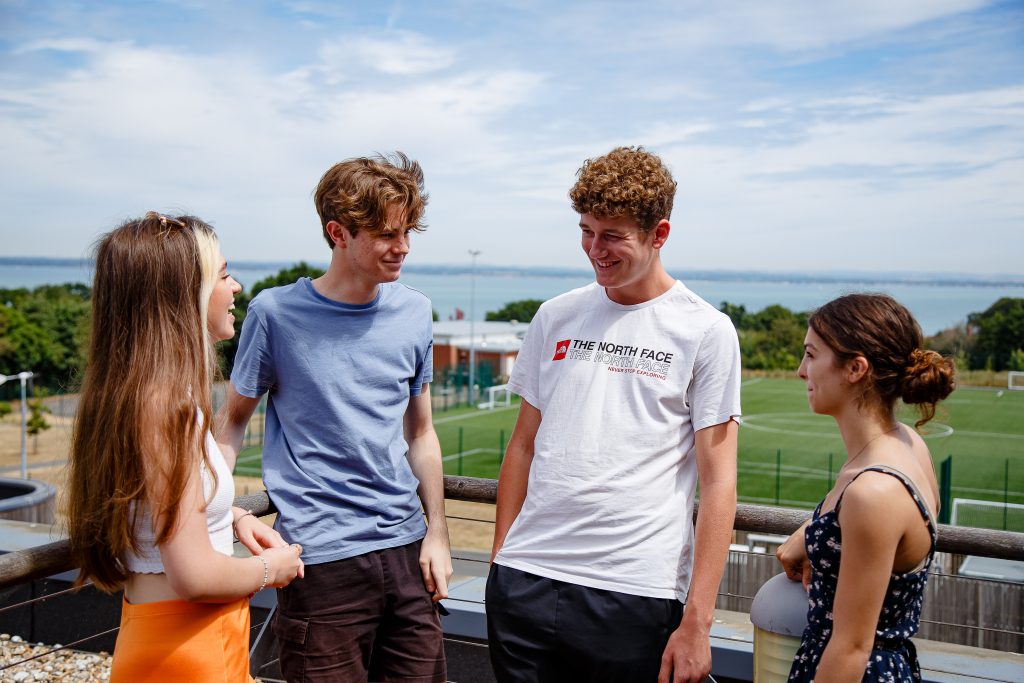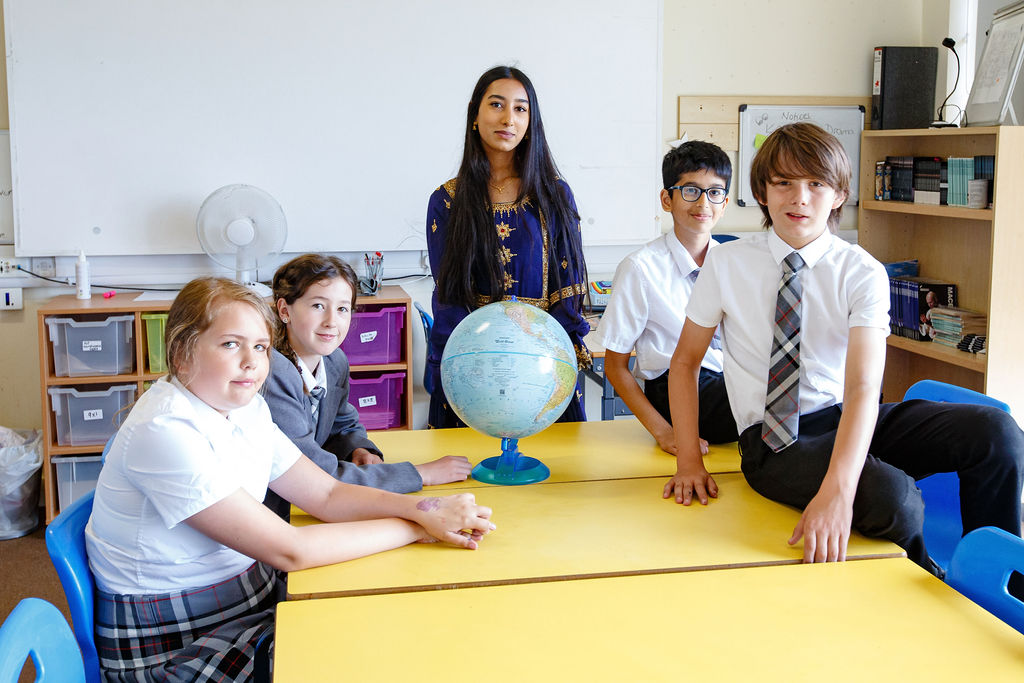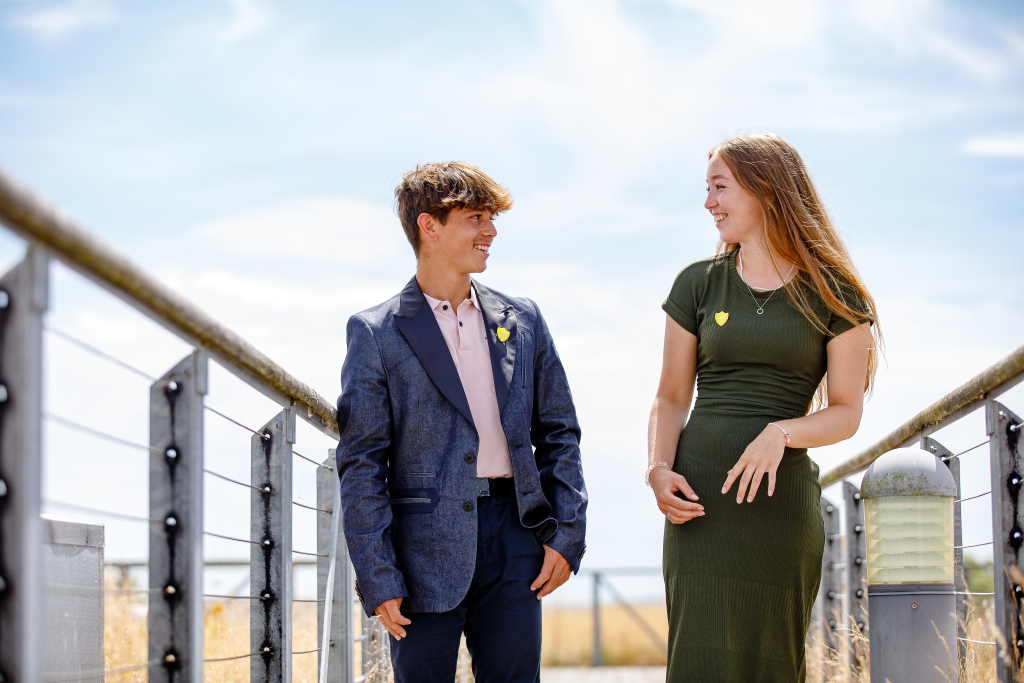Curriculum
Our Curriculum
At Cowes Enterprise College we believe that our curriculum should ‘educate for life’.
Our curriculum at Cowes Enterprise College is;
- inclusive
- broad and
- stretching
The curriculum is designed so that any student can excel, so that no one is disadvantaged. We know that our curriculum holds up to our ‘Educate for Life’ mission. Educating for life is what Cowes Enterprise College is about: developing a love of learning and preparing students for life itself and all it presents to us. Every child has the right to acquire knowledge and skill in every subject before they leave education. Our curriculum is an entitlement and extends beyond what can be found in textbook, qualification specifications and the National Curriculum. We want to create greater consistency and alignment across the academy so that every classroom can share our collective knowledge of what makes for the best curriculum and teaching.
Our curriculum is inclusive because no matter who you are you can access the rich curriculum as it is intended. We have in addition developed the student charter which encompasses a high range of high quality experiences to bring the curriculum to life all as part of an entitlement – no opt in.
Our curriculum is broad because we maintain an excellent range of subjects throughout key stage 3 and into key stage 4. One example of this is our ‘languages for all’ approach which means our students have the opportunity to study a language right up to Year 11.
Our curriculum is stretching. In 2017 we had a 2 year KS3 which is now 3 years. Our curriculum has increased challenge through expectations of pace, coverage and breadth. We have introduced a maritime curriculum (Maritime Futures) which increases challenge across a range of subjects, including STEM and Humanities subject areas in KS3.
We know our curriculum work is fluid, tentative and subject to change. We continuously develop our curriculum responding to changes in the world around us. We read educational research, speak to local employers, work nationally and internationally to gather best practice and most importantly we design a curriculum to meet the needs of our students, reviewed year by year. The most important driver for us is to ensure we are considering and reviewing constantly so what we offer to students is the very best. We are proud of our curriculum and share it with our community and beyond here.
We are also proud of our locality. Cowes Enterprise College, an Ormiston Academy is an 11-19 non-selective school with a unique position overlooking the Solent and panoramic views of the New Forest across to Portsmouth and we have developed an award-winning curriculum to connect our local environment taking in account the history, geography and thriving maritime industry on our doorstep. We have developed the Maritime Futures curriculum to bring the wealth of careers opportunities in the maritime sector into the classroom and marry the rigorous knowledge that forms the science, technology history and geography curriculum with employer encounters and meaningful careers education.
We are delighted to have been invited to share our Maritime Futures work more widely by the Careers and Enterprise Company. We have contributed to their national resource bank in the form of a case study demonstrating the positive impact our curriculum has already had with our students.
Curriculum Principles
We are driven by Ormiston Academies Trust values. We have high expectations and believe that anyone can excel and enjoy the challenge of their stretching curriculum. We have a broad curriculum which is inclusive of all students.
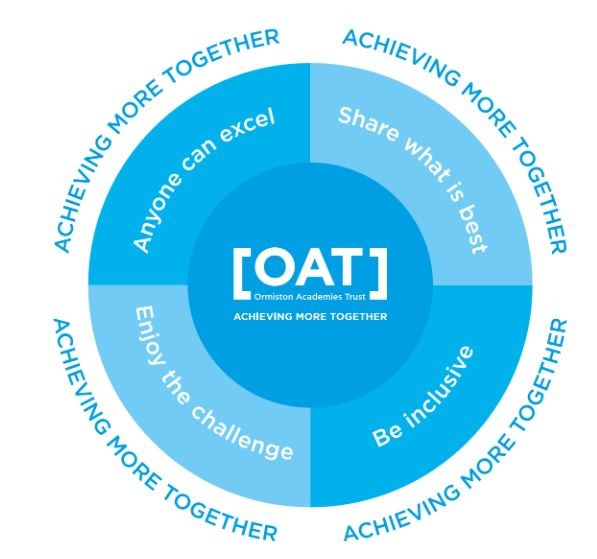
Assessment
Assessment at Key Stage 3 (Years 7-9) takes place with a bespoke approach for each subject with each subject reporting at least twice a year to parents. At Key Stage 4 and 5 there are regular mock examinations with more frequent in class exam style assessments.
Click the image below to view the booklet
Careers Curriculum

Cowes Charter
Our Cowes Charter delivers a universal offer for all pupils in years 7 to 13 which encourages exceptional personal development and which includes high quality careers and wellbeing support for every year group. Enrichment at Cowes is not a bolt-on but the informal element of our wider curriculum.
Key Stage 3
Pupils at Cowes Enterprise College follow the full intent of the National Curriculum:
| English Maths Science Humanities including history and geography French or Spanish | Design and technology, with computing and ICT Art and design Music Physical education Religious education Everyone Matters (PSHE, citizenship and relationships and sex education) |
- Pupils are able to opt for their preferred language choice, from French or Spanish, to start in year 7
In addition to the subjects set out in the national curriculum, pupils at Cowes also study drama.
Maritime Futures
During key stage 3, we embrace our rich local heritage and place demanding academic concepts and techniques into ‘real life’ settings using our close ties with the maritime industry. Pupils develop interconnected, rigorous knowledge across a range of subject areas and have the opportunity to, for instance, see the coastal features in real life through maritime field trips in geography, work on their sailing dinghy prototypes in design technology and visit the Mary Rose in history. The theme of maritime and marine is not a discreet subject, but is woven through various subject areas as part of the broader curriculum. Up to 10% of lessons in years 7 and 8 are currently linked to this theme.
Everyone Matters
We have a pioneering approach to our PSHE (personal, social and health education). Our Everyone Matters (E1M) curriculum launched in September 2019, taking in strands of thinking from across the safeguarding and more traditional PSHCE curricula. The curriculum also includes citizenship, character education, relationships and sex education, and careers and enterprise.
Key Stage 4
In key stage 4, all pupils study English language, English literature, mathematics, and science (combined or triple).
All pupils have the right to study the EBacc in key stage 4, regardless of prior attainment. To enable them to study the EBacc pupils:
- Opt to continue with either history or geography in key stage 4
- Continue the study of their chosen language, French or Spanish
All pupils also study: PE, Everyone matters (including PSHE, citizenship, and sex and relationships education). Religious education is currently delivered through a combination of weekly lessons and tutor time.
In addition pupils are able to opt to study further subjects including:
| Art and Design Business Computer Science Design technology Drama Film | Food preparation and nutrition Health and social care ICT Music Physical education Religious studies |
Key Stage 5
At key stage 5, we offer a wide range of A level courses. Our curriculum ensures pupils are able to hone skills such as oracy, teamwork, communication and project management. Pupils can opt to study from subjects including:
| Art and Design Biology Business Chemistry Computer science Drama and theatre Economics English language English literature Film studies Food science and nutrition French Further mathematics | Geography History Law Mathematics Music Music technology Philosophy and ethics Physical education Physics Product Design Psychology Sociology Spanish |
Sixth Form Charter
The Sixth Form Charter is a requirement for pupils in the Sixth Form and involves a variety of creative, sports and community service activities. Activities pupils can opt from include student leadership, fund raising, reading buddies, Young Enterprise, the arts, debating and volunteering.
Curriculum Model
Each week is made up of 25 lessons of 1 hour. The number of lessons allocated to each subject is:
| Year 7 | Year 8 | Year 9 | Year 10 | Year 11 | Year 12 | Year 13 | |
| English | 4 | 4 | 4 | 4 | 4 | ||
| Mathematics | 4 | 4 | 4 | 4 | 4 | ||
| Science and Healthy Living | 4 | 4 | 5 | 4 | 4 | ||
| Geography | 2 | 1 | 1 | 3 | 2 | ||
| History | 1 | 2 | 1 | 3 | 2 | ||
| MFL: French or Spanish* | 2 | 2 | 2 | 3 | 2 | ||
| Design and technology including computing and ICT | 2 | 2 | 2 | ||||
| Art and design | 1 | 1 | 1 | ||||
| Drama | 1 | 1 | 1 | ||||
| Music | 1 | 1 | 1 | ||||
| Physical education | 2 | 2 | 2 | 2 | 2 | ||
| Religious education | 1 | 1 | 1 | ||||
| Religious education / Everyone matters | 1 | 1 | 1 | 1 | |||
| Option 1 | 2 | 3 | 7 | 7 | |||
| Option 2 | 2 | 3 | 7 | 7 | |||
| Option 3 | 7 | 7 | |||||
| Enrichment | 4 | 4 |
